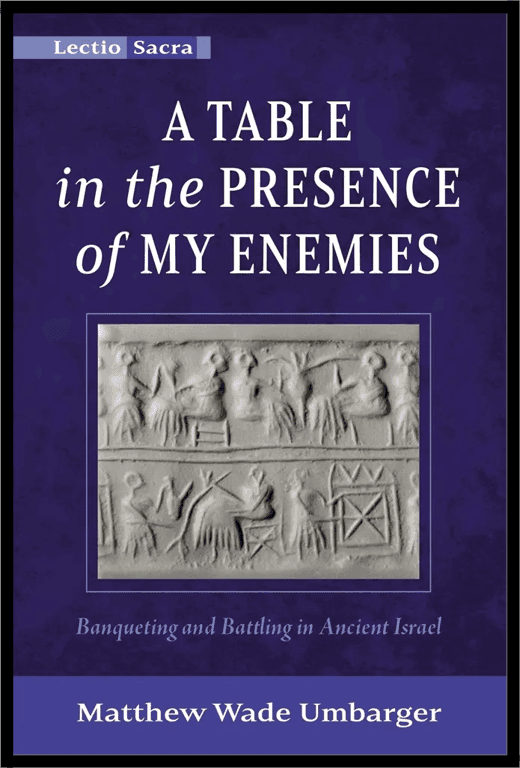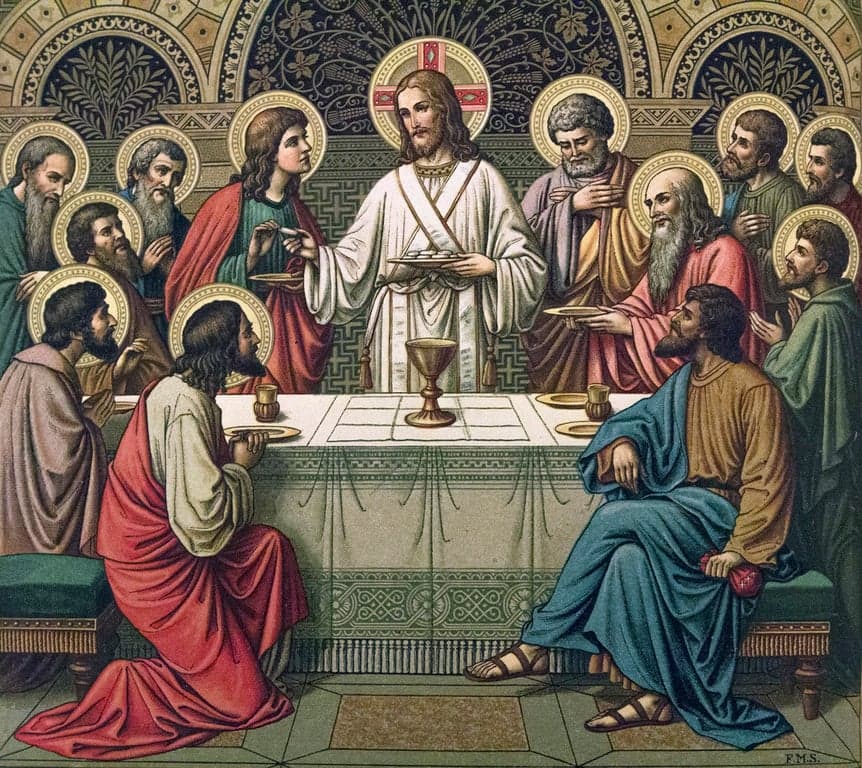I’m fascinated by the stories behind works of art, literature, and research. I have also been reflecting on the path towards publishing this book of mine. I decided to share some of those thoughts here.
Two Theses and a Doctoral Dissertation
I have worked on this book for well over twenty years. It really began with my senior year at Ozark Christian College. Robin and I were enrolled together in her last semester there in a seminar with Mark Moore. The main assignment for this course was a senior thesis.
I chose as my topic the lesser known creation mythologies of the Hebrews, obliquely referenced in the Psalms, Job, Isaiah, and other prophets. I was fascinated by the possibility that other literatures from other peoples surrounding Israel might inform the texts of the Old Testament. I had only recently begun reading some of these with my mentor, Wilbur Fields. I was most intrigued by the literature about the chaotic sea-dragons Leviathan, Rahab, and Yam. The result was a longish research paper that I titled, “He Conquers Our Chaos.”
Almost none of this made it into A Table in any discernible way, but I couldn’t have gotten to the book without this thesis. Only a few years later, when I was working on my first graduate degree at Ben-Gurion University of the Negev, I requested to write my thesis on … Leviathan. It was titled, “Leviathan and Five Loaves of Bread.” I tried to demonstrate, using Jewish midrash, that the Feeding of the 5000 subtly resonated with Old Testament texts in such a way as to make it an eschatological sign. It is now, more or less, one of the chapters in my book.
By the time I proceeded onto my doctoral dissertation, another trope of Ancient Near Eastern literature had grabbed my attention, the pre-battle banquet motif.
The Pre-Battle Banquet Motif

In the two epics of the Ancient Near East that I spent most of my time researching, the Baal Epic and Enuma Elish, I noticed what seemed to me to be an odd thing: the fighting action followed a banquet account. It seemed normal to me that you would have a banquet to celebrate a victory. Why were the gods in these stories having banquets before going to war?
Shortly thereafter, I started to notice the same trope in biblical stories. Samson begins his adventures at his wedding banquet. The military atmosphere of the exodus is preceded by the Passover banquet. One day, while praying Psalm 23, I paid attention to verse five a bit more than I was accustomed to do, and from there the book pretty much wrote itself. The key was covenant. I am convinced that ancient warriors renewed their covenant vows before going into battle around a sacrificial meal.
A Journey Academic and Spiritual
When I began working on what would become A Table, I was a Protestant preacher. By the time I was finished with it, I had become a lay Catholic. This changed the scope of the book considerably. I became more concerned with patristic exegesis. I gave attention to the deuterocanonical books that I surely would have passed over as a Protestant. Most importantly, this really became a book about the Eucharist.
As a Catholic, I found that the old texts pertaining to covenant and battle became shockingly relevant to my modern life. The Eucharist is the pre-battle banquet God has provided for His spiritual warriors, and I am struggling to be counted among them.


